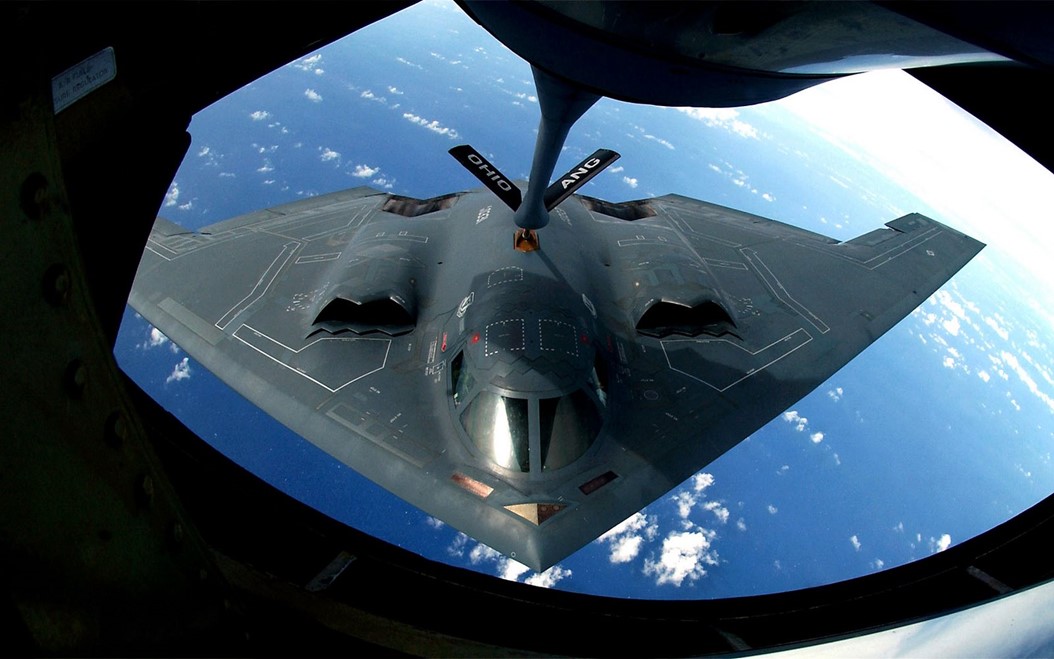Defense Industry Offsets
May 27, 2013 in Daily Bulletin

When countries buy arms from a defense manufacturer in another country it is common for there to be an offset agreement – where the company selling the arms agrees to make investments in the buying country’s economy. The Economist delved into this murky world of defense offsets:
- Offsets are popular with developing countries since they can be recorded as foreign direct investment, making the government’s economic management look good.
- These offsets could be used to develop the country’s own defense industry so that a country can become more self-sufficient in arms manufacture – or the money goes to completely unrelated ventures such as a (now failed) shrimp farm in Saudi Arabia.
- Yet academic research indicates that these offsets rarely create sustainable employment, or help develop a country’s economy.
- While in theory it is the defense firms that are paying for the offsets, ultimately the buying country has to foot the bill through higher prices. Belgium, for example, found that it paid up to 30% more for military gear due to offsets.
- Thus the tax payers bear the costs of the offsets. But the benefits accrue to individuals and institutions determined by the government – leading to opportunities for cronyism and corruption.
- Perhaps this is why ‘offset’ has become a dirty word. The industry now prefers the term “industrial participation”.
- While some think that offsets will decline as developing country’s become more self-sufficient in their arms production, others think that at least in the short term they will increase as defense firms in rich countries with shrinking budgets try to more aggressively market to developing countries.
The full article has much more and looks at (in)famous examples of offset deals, how these liabilities often aren’t declared, and how offsets have become one of the main criterion in evaluating defense contracts. You can find it by clicking here.
Source: The Economist
Join the Discussion! (No Signup Required)